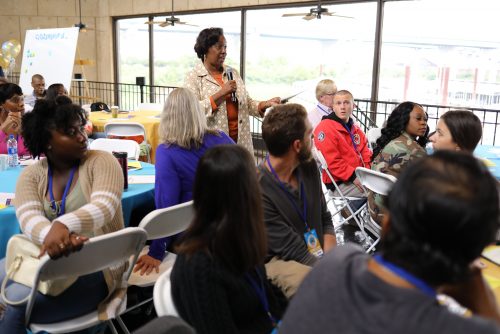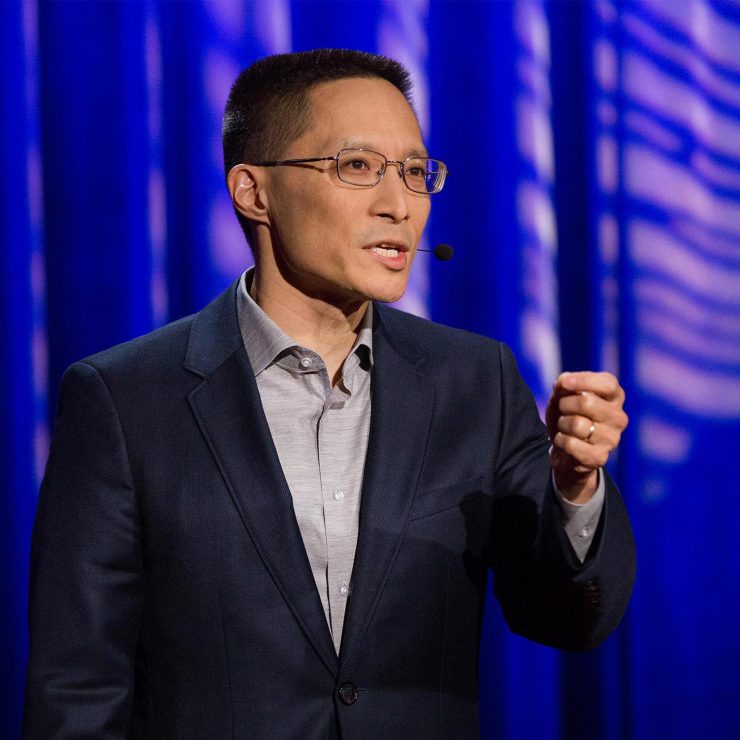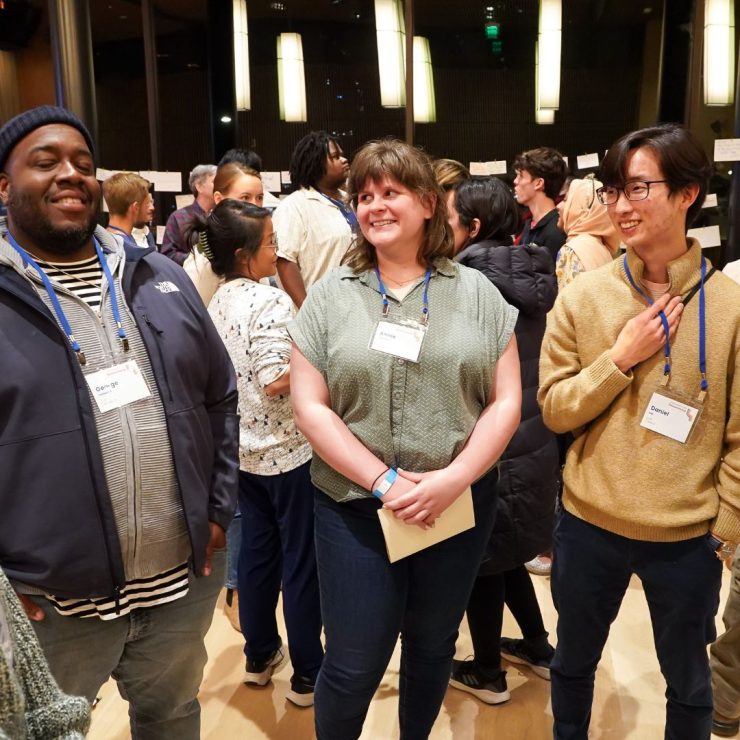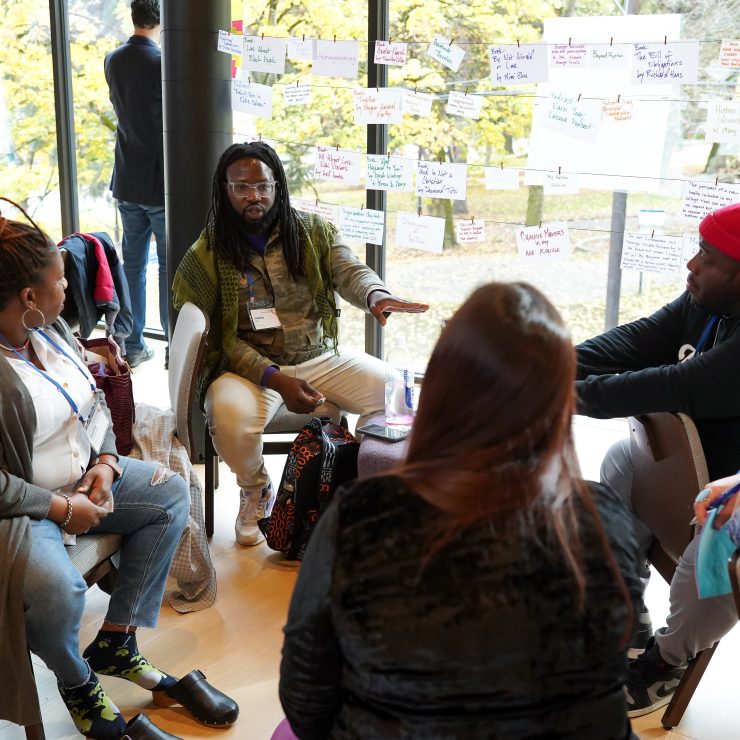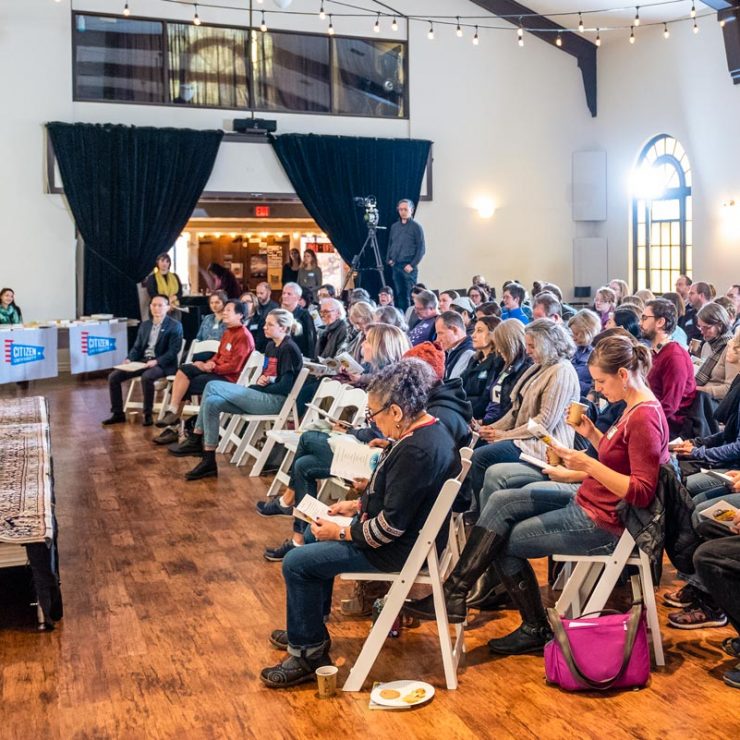In 1886, a group of lawyers mobilized to advocate for Chinese laborers who were being harassed, assaulted, and deported illegally by nativist mobs. These lawyers went on to found the King County Bar Association — an organization where I spoke just the other day.
Flash forward to 1942, when Japanese Americans were being incarcerated in the aftermath of Pearl Harbor. This time, the Association did nothing. Looking back, most members of the bar knew the detention orders were unjust. But they kept silent.
Fear and the acceptance of injustice, they explained, were “the tenor of the times.”
That phrase haunts me. What is the “the tenor of the times”? It is the product not of law but of norms. It is what we decide is OK. In 1942, most people in the United States were OK with rounding up Japanese Americans and putting them in camps.
But blaming “the tenor of our times” is an evasion of responsibility.
We don’t just walk into “the times” — we don’t just stumble upon them. We make them. We are the times.
There’s another word for the tenor of our times: culture.
Culture is the norms, values, narratives, habits, mindsets, heartsets, and ways of living together. It takes many forms: pop culture, ethnic culture, corporate culture.
But there’s also civic culture — the norms and ways of living that shape our common life, out communities, our democracy.
Culture, especially civic culture, is ever-changing. The culture of the Seattle legal community bent toward justice in 1886, then away from justice in 1942, and now… well, now it’s up to the members of that community once again. And so it is with every community.
We make culture by making choices.
Do people in your community participate? Pay attention? Do they figure out how to live with people of different backgrounds and beliefs? Do they serve? Welcome strangers?
Or are they tuned out, mistrustful, cynical? Do they think everything is someone else’s problem? Are they drawn to conspiracy theories and scapegoat narratives?
No group is ever one or the other entirely because no human is ever one or the other. Whether at the personal scale or the family or neighborhood or city or beyond, it is both possible and necessary for everyday citizens to create norms of trust, connection, inclusion, and responsibility-taking. By joining. By participating. By including. By listening. By building.
Joining matters. If you are in a faith community or a book group or an ethnic heritage club or a sports league or a professional association or a gardening cooperative, you are practicing the habits of participation and compromise and common cause that add up to a larger civic culture.
Of course, joining by itself isn’t enough. The Proud Boys, white nationalist groups, extremist militias, the conspirators of January 6 all could be called consummate joiners. Purpose matters too. As does character. We create a healthy civic culture when we join not to harm others or to demonize difference or to convert fear into hate but rather to invite and include more people into the circle of belonging.
Society becomes how you behave. You have the power, as a parent or leader or teacher or student or wage-earner or boss, to set new norms about what is OK.
Those conscience-stricken Seattle lawyers in 1886 realized they were responsible for how a lawyer should behave. Today, countless Americans are working to depolarize local civic life — through Braver Angels or the Kansas Leadership Center or Civic Nebraska or Living Room Conversations or our own Civic Saturday gatherings. They realize they’re responsible for how a neighbor should behave.
Remember: none of us has to accept “the tenor of our times” as a given. The choices you make — to show up for others or only for yourself, to teach others the way or to hoard that knowledge — will set in motion a cascade of norms, habits, patterns.
We are the times, we set the tenor, we make the culture.
That’s true whether we do it well and on purpose or poorly without aim. Let’s choose to do it well.
Eric Liu is the Co-Founder and CEO of Citizen University. He’s the son of immigrants and an author, creator, and civic evangelist.
